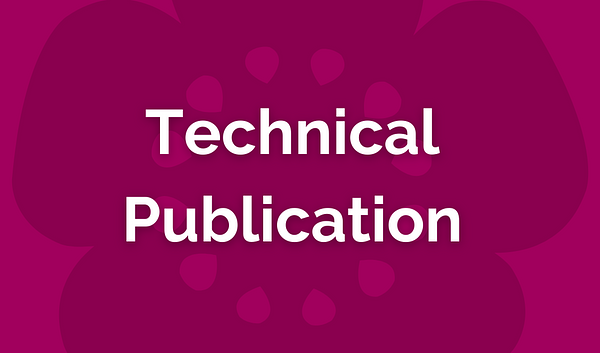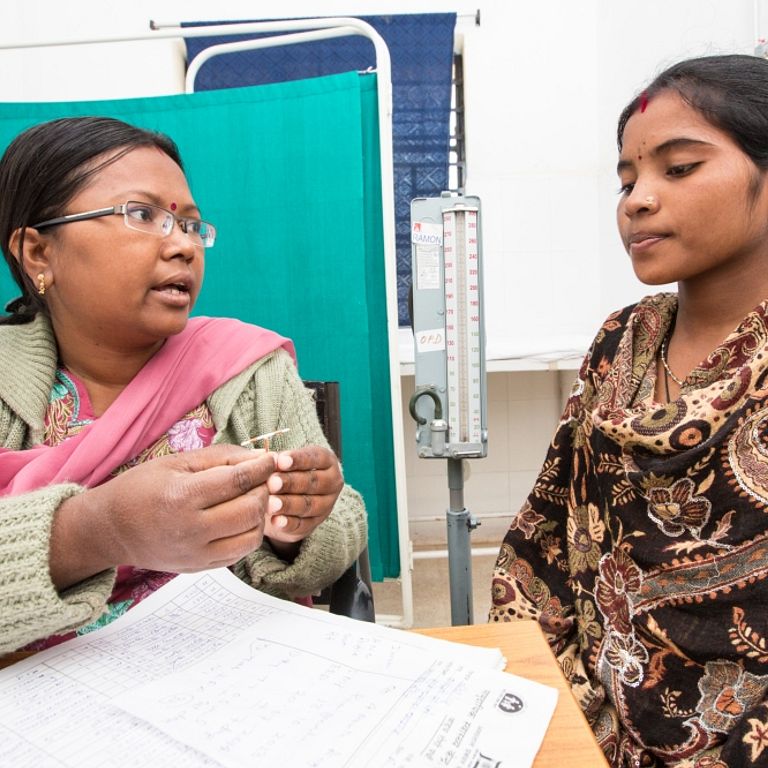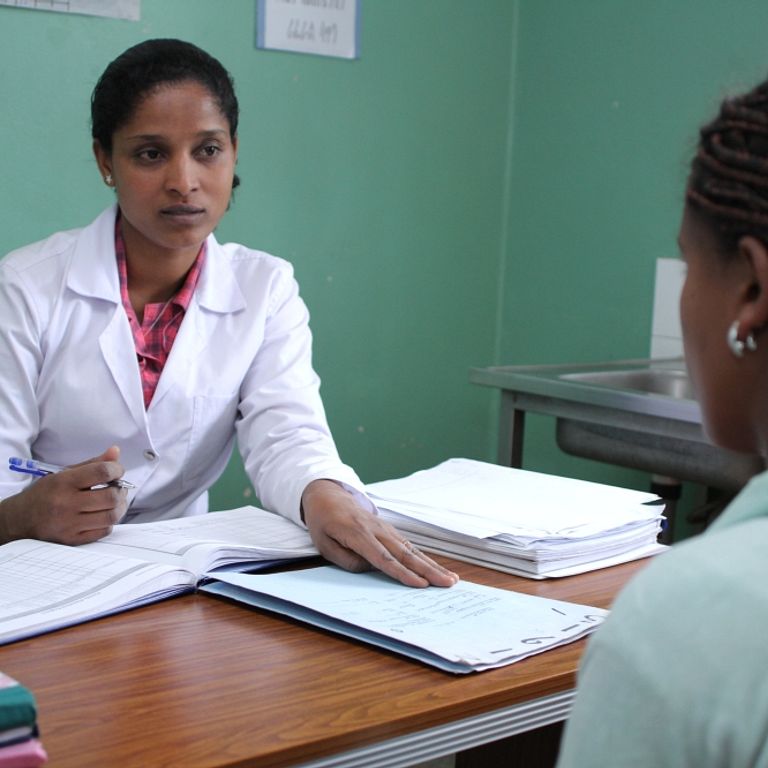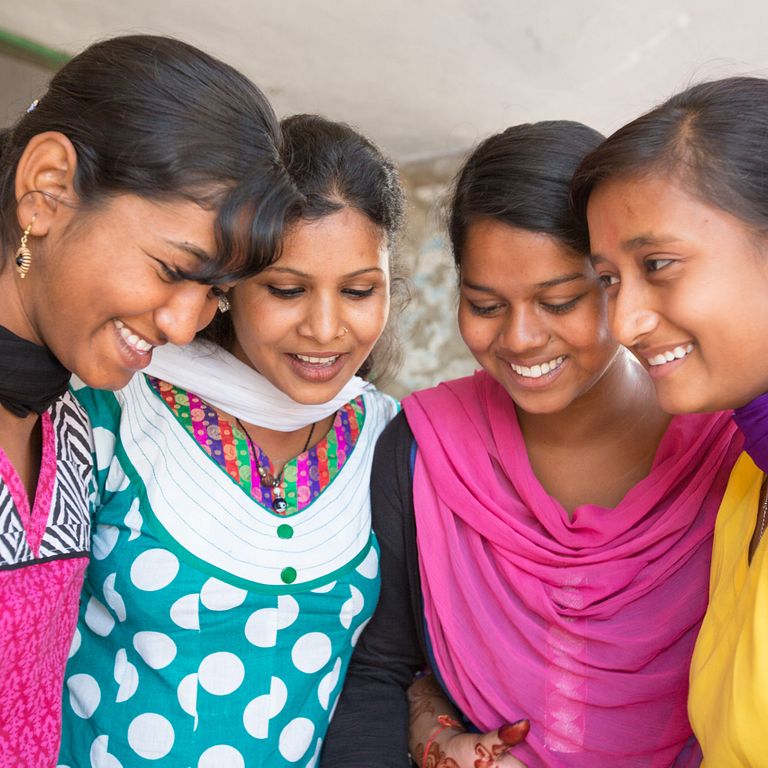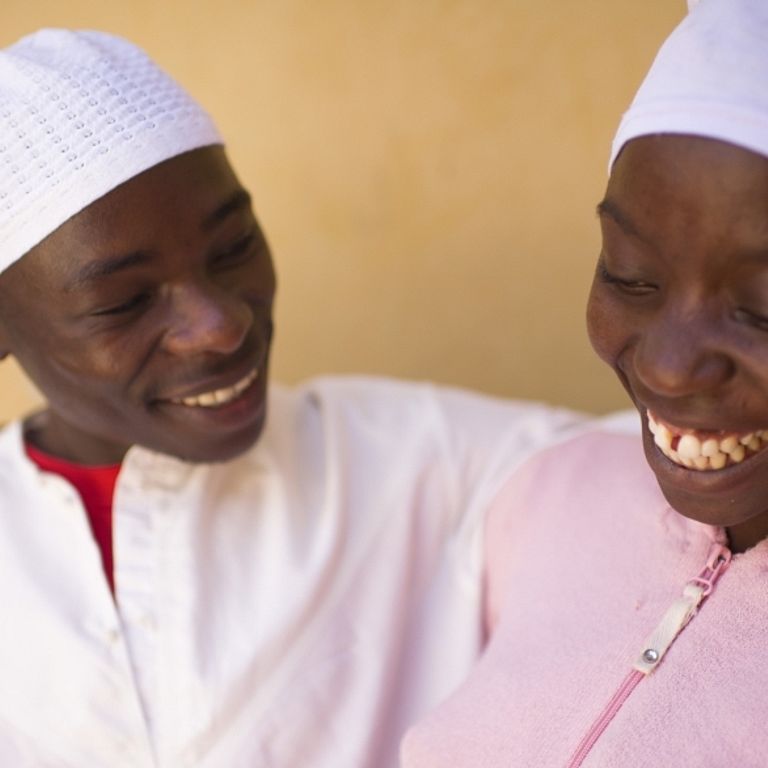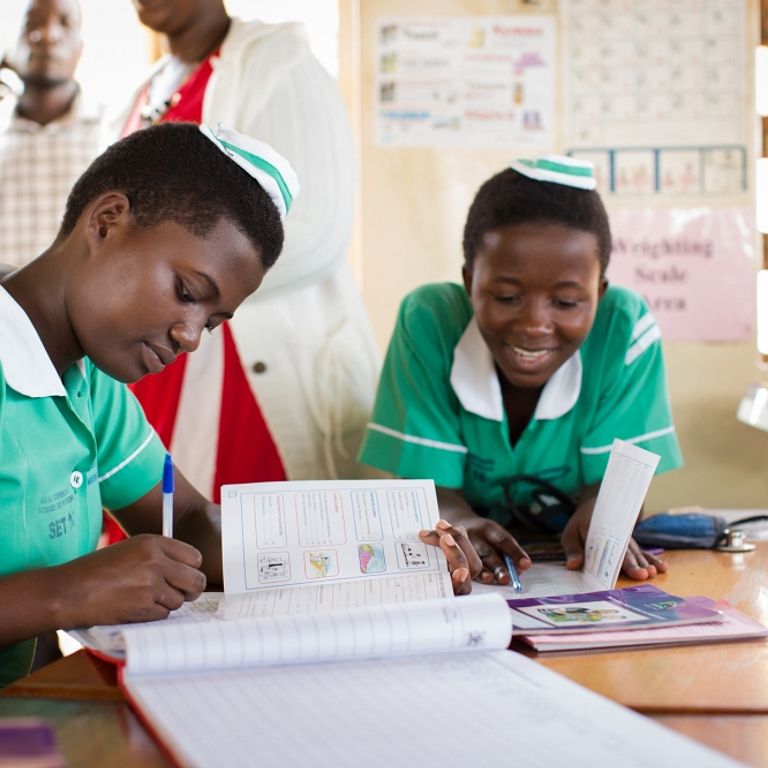Scaling Up Family Planning (SuFP)

Tanzania’s National Road Map Strategic Plan to Accelerate Reduction of Maternal, Newborn, and Child Deaths in Tanzania (2008–2015) highlights that increasing the time between pregnancies can prevent 20% to 35% of all maternal deaths. The median age of first marriage for women in Tanzania is 19.2 years and 42% of women reported wanting to wait two years to have their next child.
EngenderHealth is working with the Ministry of Health, Community Development, Gender, Elderly, and Children and the President’s Office–Regional Administration and Local Government in Tanzania to strengthen the public sector delivery of comprehensive sexual and reproductive health and rights (SRHR) services. In partnership with Comprehensive Community-Based Rehabilitation in Tanzania, DKT International, and Pathfinder International the program is focusing on Tanzania’s un- and underserved populations—particularly young people and persons living with disabilities—with high-quality, integrated FP and SRH services. We work in eight regions across the mainland of Tanzania (Arusha, Dar es Salaam, Dodoma, Geita, Kilimanjaro, Morogoro, Pwani, and Tanga) and all five regions of Zanzibar.

EngenderHealth focuses on strengthening the public sector response to SRHR through three service delivery models: outreach, routine care, and postpartum family planning (PPFP). We provide community outreach services through FP weeks, FP service days, and other integrated community services. Our activities utilize a gender, youth, and social inclusion approach to reach un- and underserved populations, including persons with disabilities, and to ensure that all clients are treated with respect and dignity. We are training community health workers and service providers to identify cases of gender-based violence (GBV) and to use existing referral systems to direct clients to appropriate care and support. The program is integrating access to PPFP as part of maternal and obstetric care, facilitating screening and follow-up services for GBV survivors, and supporting routine screening and treatment referrals for cervical cancer and HIV.
From February 2020 to March 2023, the program helped 1,877,901 clients access contraceptive care. Of these, the program reached 1,433,837 clients through outreach services, such as service days, FP weeks, and integrated community outreach, 14% of whom were young people ages 10–19. In addition, 844,011 clients received GBV screening, and 25,064 received referrals for post-care services. The program also supported over 14,900 people with disabilities to adopt a contraceptive method of their choice.
